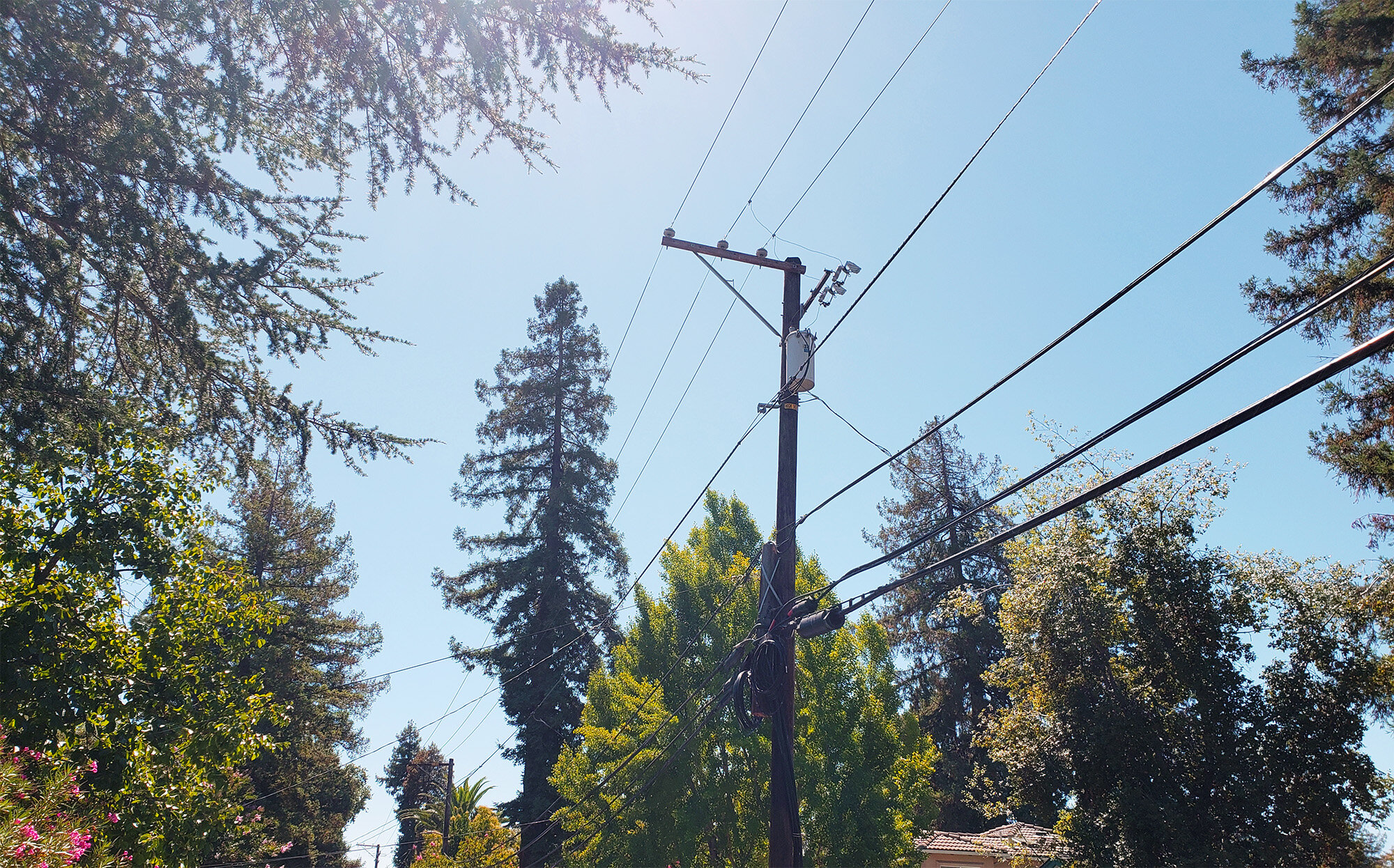Net Metering
Get credited by your utility company for excess power you generate.
What is it?
Net metering is available to residents in certain states that allow it. It is the most common incentive that utility companies offer, and results in even greater savings for owners of solar panels. Net metering works with utility companies giving you credits for excess solar electricity that you produce, and sending it back into the grid - you essentially ‘loan’ the utility company your electricity when you produce too much. Those credits are then used up when you are using more power than you produce, and they give back what you loaned them. This ensures optimal efficiency by always using the solar power you generate, leaving none to go to waste.
Net metering balances out your solar electricity usage.
During the spring and summer months, you will usually end up producing more power than you use due to greater numbers of sunny days and more intense sunlight. But during the winter months, you end up using more power than is being produced. Net metering effectively smooths over this disparity with the credit system - ensuring greater efficiency for your solar system. This also comes into play with the day/night cycle. During the daytime you are producing more power from sunlight than you use, and during the night you are using more power then you produce. Your excess daytime credits are simply applied to the nighttime hours when there is no sun to power your panels.
Net Metering is available in these 34 states and territories:
Massachusetts
Minnesota
Missouri
Montana
Nebraska
Nevada
New Hampshire
New Jersey
New Mexico
North Carolina
North Dakota
Ohio
Oklahoma
Alaska
American Samoa
Arkansas
California
Colorado
Connecticut
Delaware
Florida
Guam
Iowa
Kansas
Maine
Maryland
Oregon
Pennsylvania
Puerto Rico
Rhode Island
South Carolina
U.S. Virgin Islands
Vermont
Virginia
Washington
Washington, D.C.
West Virginia
Wisconsin
Wyoming
If you don’t live in one of the places listed above - don’t worry. Other states like Arizona, Georgia, Hawaii, Louisiana, Mississippi, and Utah have some form of mandatory compensation in place, while other states like Illinois, Indiana, Kentucky, Michigan, and New York are transitioning from net metering to another form of compensation.
Net Metering has other benefits too.
It reduces strain on your local power grid, especially during peak hours and periods.
Your excess power generated can power nearby homes, increasing grid efficiency.
It allows consumers to reduce energy waste as a whole, as excess power is being distributed evenly.
With little effort, homeowners will use fewer natural resources and contribute to protecting the environment.
With Net Metering in place, homeowners can save tens of thousands of dollars on electricity over the lifetime of their solar panels. Since you are only paying for the ‘net’ amount of electricity you use each month, your power efficiency goes through the roof. Learn more about the different types of ways solar can save you money on our savings page.
Solar equals savings.
Check out our interactive solar savings calculator to see how much you can save.




